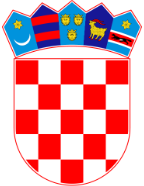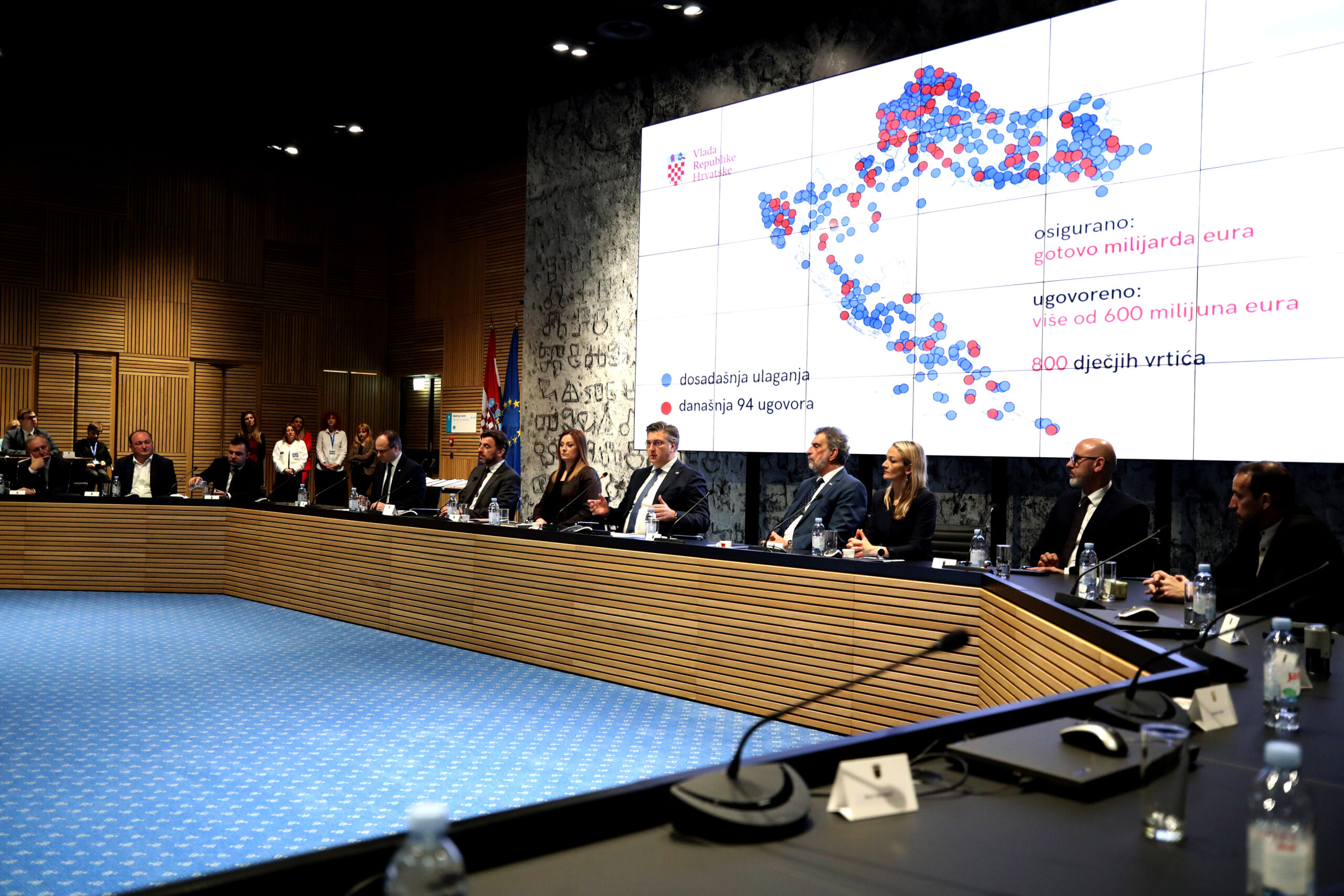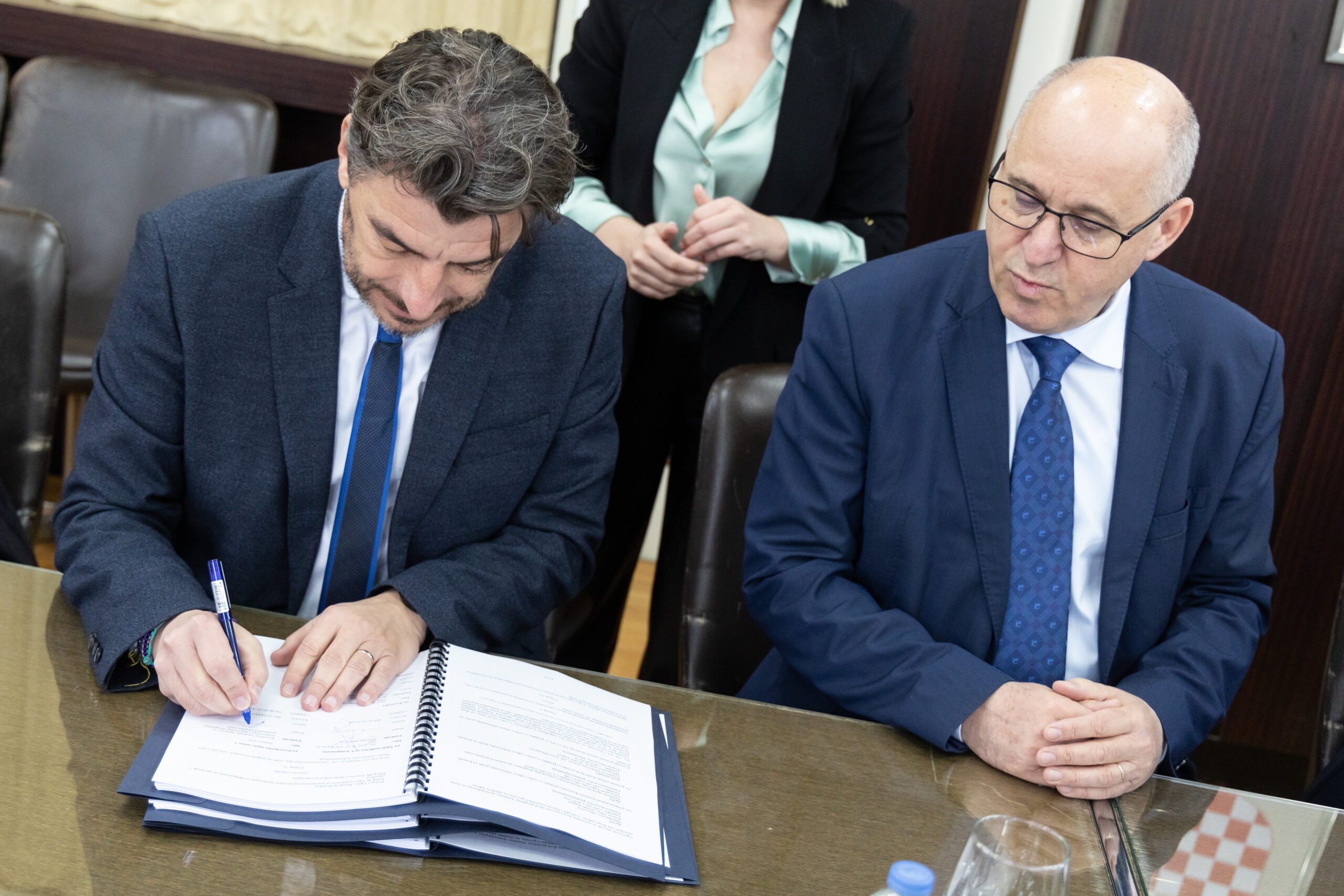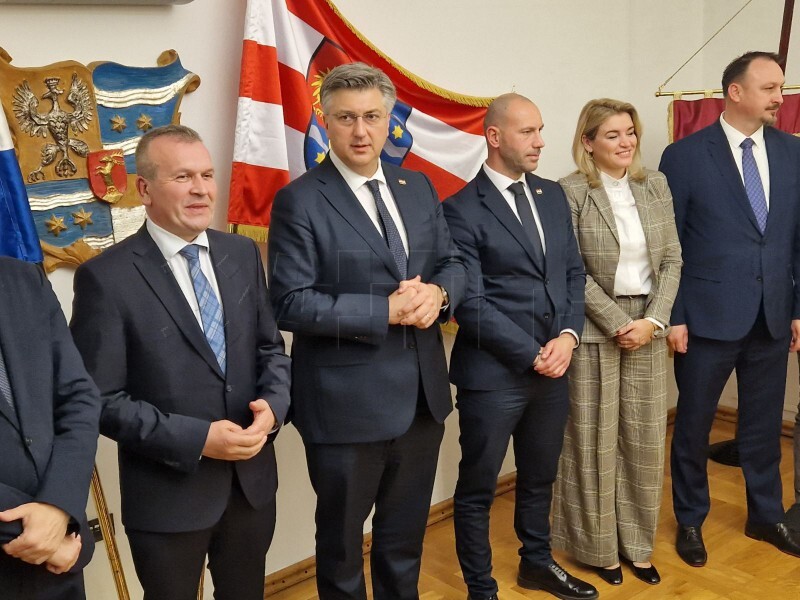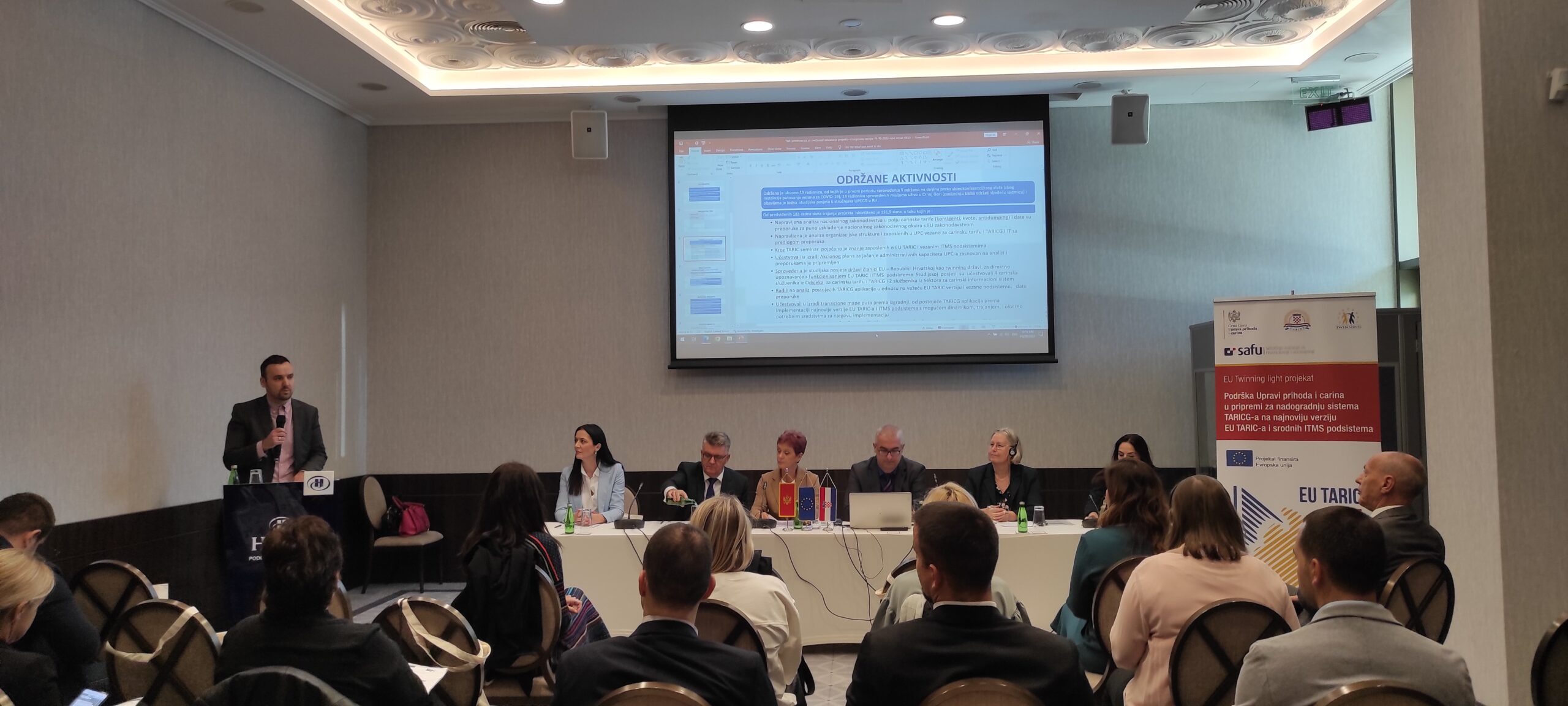Maletic said that significant progress had been made in a short period of time and that a good system had been established to ensure efficient utilisation of larger amounts of money from structural and cohesion funds after Croatia joined the EU.
Maletic said that internal control had been introduced in all ministries so that possible shortcomings could be detected before the EC sent a recommendation.
Supervision of the quality of relevant documentation has been improved as well, Maletic said.
Commenting on criticisms that too little money from pre-accession funds was reaching local self-government units, Maletic said that this was due to the purpose of the funds.
The funds are primarily intended for the adjustment of state institutions, and a small part of the funds is intended for use outside the system of state administration, for local self-government units and the non-governmental sector, she said.
The Instrument for Structural Policies for Pre-accession (ISPA) programme is an exception. It refers to regional policy and covers three major projects – a railway line running from Vinkovci to Tovarnik, a waste water management project in Karlovac, and a waste management centre in Sibenik.
\”All three projects are being implemented, two have been agreed on, and the third one is being negotiated,\” Maletic said, adding that contracts were signed in more than 80 percent of all programmes.
The six-month report shows that until 30 June 2008, Croatia requested almost EUR 133 million from the European Commission, and received almost 95 million.
Progress is visible in the management of pre-accession funds – following an agreement with the EC in July, a provisional measure suspending new contracts was lifted, according to the report.
Earlier in the day, the parliament discussed a proposal to ratify an agreement with France on assistance and cooperation in protection and rescue operations. (Hina)

